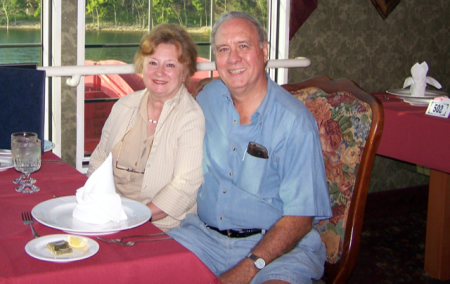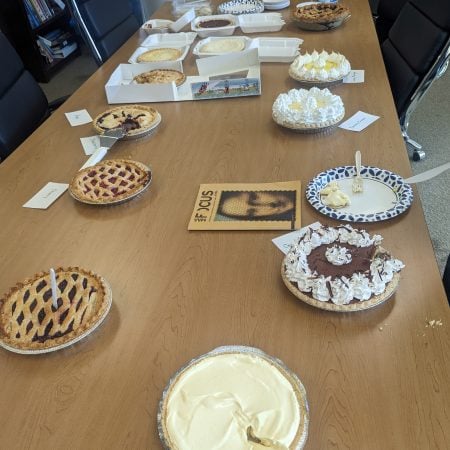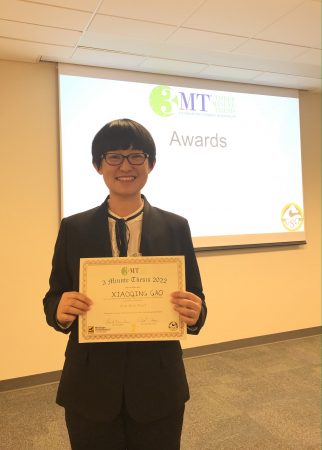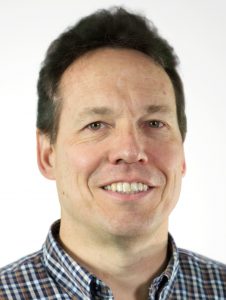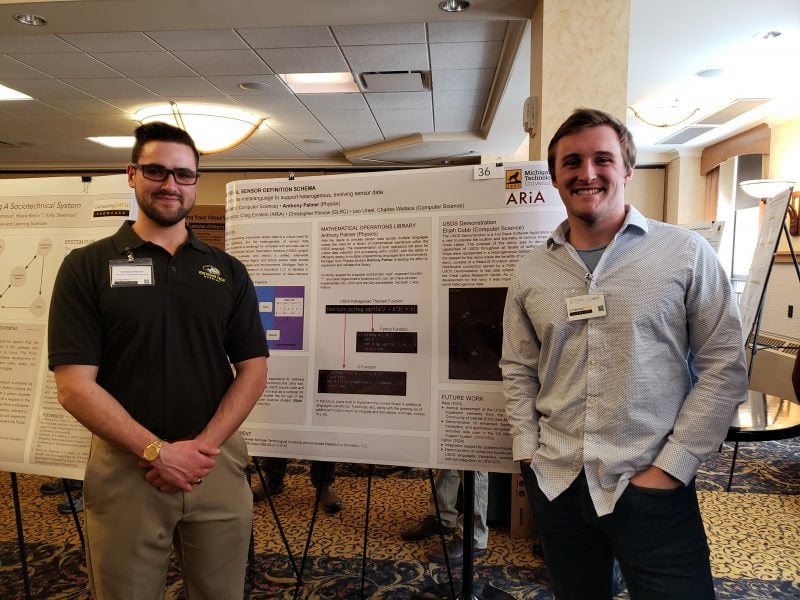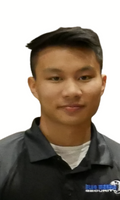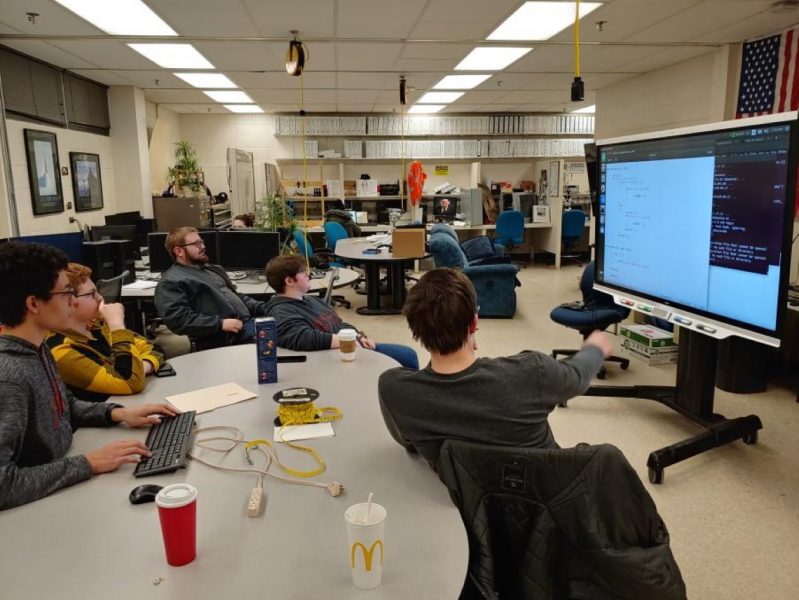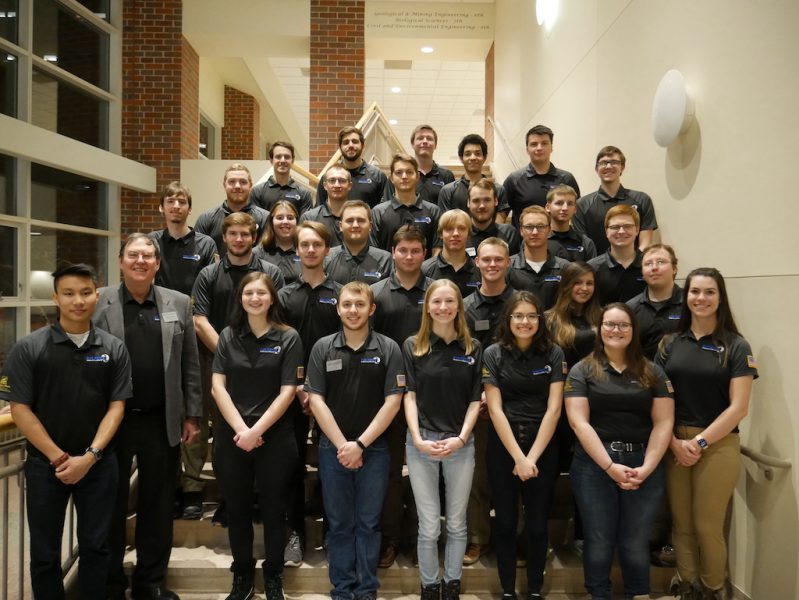Kids across the United States dream and aspire for things bigger than them, whether that’s wanting to be an astronaut, a lawyer, a cowboy, etc… It’s no different in the small towns of Michigan’s Upper Peninsula; where, thanks to the influence of Tech, many dream of being computer scientists, engineers, and scientists. Michigan Tech alumnus Jerry Davison ‘66 and his wife Judy, just made it easier for those dreams to come true by establishing the Copper Country Scholars Endowed Scholarship Fund. The scholarship is open to hard-working students in science, engineering, math, and computer science with financial needs who have graduated from Copper Country schools and are currently attending Michigan Tech with a minimum 2.75 GPA.
Growing up in the Copper Country is rigorous and difficult. Rugged terrain, Superior’s gales, bone-chilling cold, plentiful snow, and isolation- conditions that prepare students for the rigor and difficulty of Michigan Tech coursework. Jerry (and Judy, a Michigan graduate) knows it well as a Yooper from Calumet, just 13 miles from campus.
Jerry’s parents instilled their hard-working, blue-collar values from an early age. He saw those values in action in the community around him. Additionally, he also saw how the community stayed together and supported each other. His family was connected to Tech. Like his sister, he worked in the business office at Michigan Tech. Their father worked in the Maintenance Department. Jerry earned $1.25 per hour to pay his college tuition, toiling hard and persevering until his graduation with a B.S. in Mathematics.
Jerry had always been drawn to the field of computers. However, during his time at Tech, there was no Computer Science degree program available. “I started off my career interviewing with communications, steel, and aerospace companies and The National Security Agency, but my career took me all over. I worked for many companies over the course of my career, including communications laboratories, a national laboratory, investment bank, insurance companies, hospital system; you name it. I was always hoping for a challenging new opportunity, never settling for the mundane,” said Davison.
Jerry’s values of hard work and determination helped him forge his own path; values he learned from his family and community. He recognizes the power of community members coming together to support each other. It is this recognition that drove him to establish the Copper Country Scholars Endowed Scholarship Fund. Jerry is hoping to give others like him the chance to forge their own path forward, achieve success, and give back to the community.
Jerry wants to emphasize that this scholarship is open for donations and remains nameless, keeping with the community’s spirit of coming together for a shared goal, rather than recognition or glamor. “I want this scholarship to be open to donations to make sure that we give back to those who come after us,” said Davison.
The Davisons’ contribution to Michigan Tech students is appreciated and has not gone unnoticed. “I am so grateful for Jerry and Judy’s generosity, which will allow more of our own Copper Country students to afford the world-class STEM education that Michigan Tech provides, and hopefully inspire many more alumni to contribute to this scholarship,” said David Hemmer, dean of the College of Sciences and Arts.
If you would like to contribute to the Copper Country Scholars Endowed Scholarship Fund or inquire about other opportunities, please contact Karin Van Dyke, Michigan Tech University, Director of Advancement, 1400 Townsend Drive, Houghton, MI 49931. Email: kvandyke@mtu.edu. Phone: 906-487-2464
“Always dislike the mundane” – Jerry Davison
